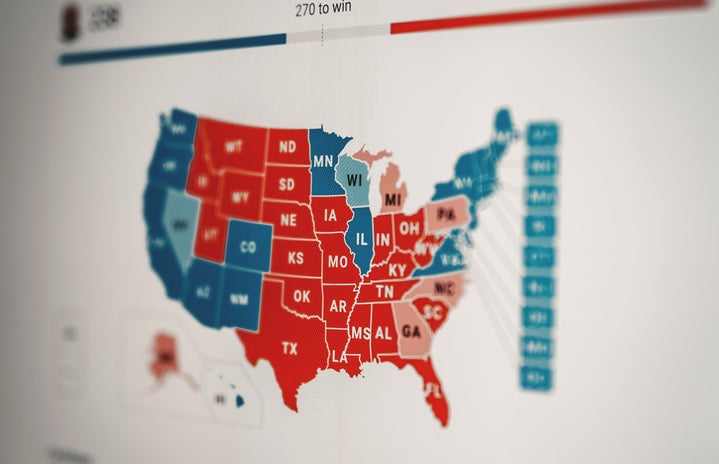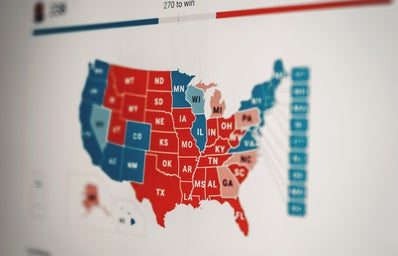“Bernie Sanders can’t win, Hillary Clinton has the superdelegates on her side.”
This phrase, or a variation of it, is something I have continually heard by both peers and the media. Whether or not this is true, it is apparent that we must first understand one thing: What exactly are superdelegates?
Let’s start with delegates. To win a party’s presidential nomination, a candidate must win a certain number of delegates who vote for them at the Democratic National Convention. Delegates are won in primaries and caucuses and are considered pledged voters, expected to vote for the candidate chosen by the people they represent. For example, in the 2016 Washington Caucus, Bernie Sanders won 72.7% of the vote, giving him 25 pledged delegates over Hillary Clinton’s nine. In Alabama, Clinton took 44 delegates with 77.8% of the vote, giving Sanders nine.
So there are delegates, and then there are superdelegates. And no, these are not just delegates wearing bright red capes. In the Democratic Party, superdelegates are unelected delegates who have free choice in who they choose to support for the presidential nomination at the Democratic National Convention. These are individuals who hold high status in the Democratic Party, such as Congressmen, state governors, and former presidents and vice presidents.
Superdelegates have been present at every Democratic National Convention since their creation in 1982, yet we did not start hearing much fuss around them until the 2008 election. This is due to the close race between Barack Obama and Hillary Clinton near the end of the primaries. When a race is this close and there is no obvious candidate, superdelegates have an extreme impact on the outcome of the nomination. While many feel as though superdelegates should be obligated to align their votes with the popular vote, at the end of the day, these individuals may vote however they so choose. For example, a superdelegate from New York has every right to vote opposite of the candidate preference that New York has expressed.
At the Democratic National Convention, a superdelegate may vote in one of four ways. They may choose to vote for the candidate that the majority of states expressed preference for, or vote for who Democratic voters as a whole have chosen. They may also vote for whoever has the most pledged delegates. Lastly, and the option with the most controversy, a superdelegate can vote in “conscience”, meaning based on who he or she feels is the best candidate.
Superdelegates can make their pledges ahead of the convention, which is why they are often included in the polls in the number of delegates a candidate has. However, they also have the ability to change their minds. For example, in the 2008 election year, California Congressman Dennis Cordoza switched his pledge from Clinton to Obama in May, as did Georgia Representative David Scott after the majority of his district voted for Obama.
Because of their ability to vote freely, superdelegates are highly controversial. Supporters state that their presence is necessary in making sure the nominee is truly decided by the Democratic Party, as independents and members of the Green Party are able to vote in Democratic primaries or caucuses in many states. Opponents believe that superdelegates are detrimental to the democratic process due to their disproportionate influence and ability to go against popular vote. It has also been suggested that as a superdelegate is casting their vote solely for personal interest, they are more likely to be bought or otherwise corrupted, which is further supported by the fact that there are not rules outright banning candidates from promising superdelegates gifts or favors.
In the case of the 2008 presidential election, superdelegates played an influential role in securing Barack Obama his nomination. In 2016, will these individuals yield to the predictions of securing Hillary Clinton her nomination, or will they switch their support to Bernie Sanders and spark a new era in politics? Only time will tell.

